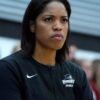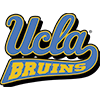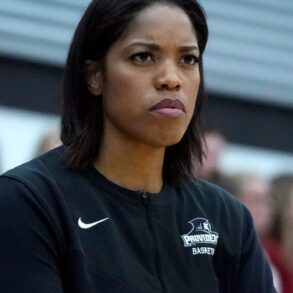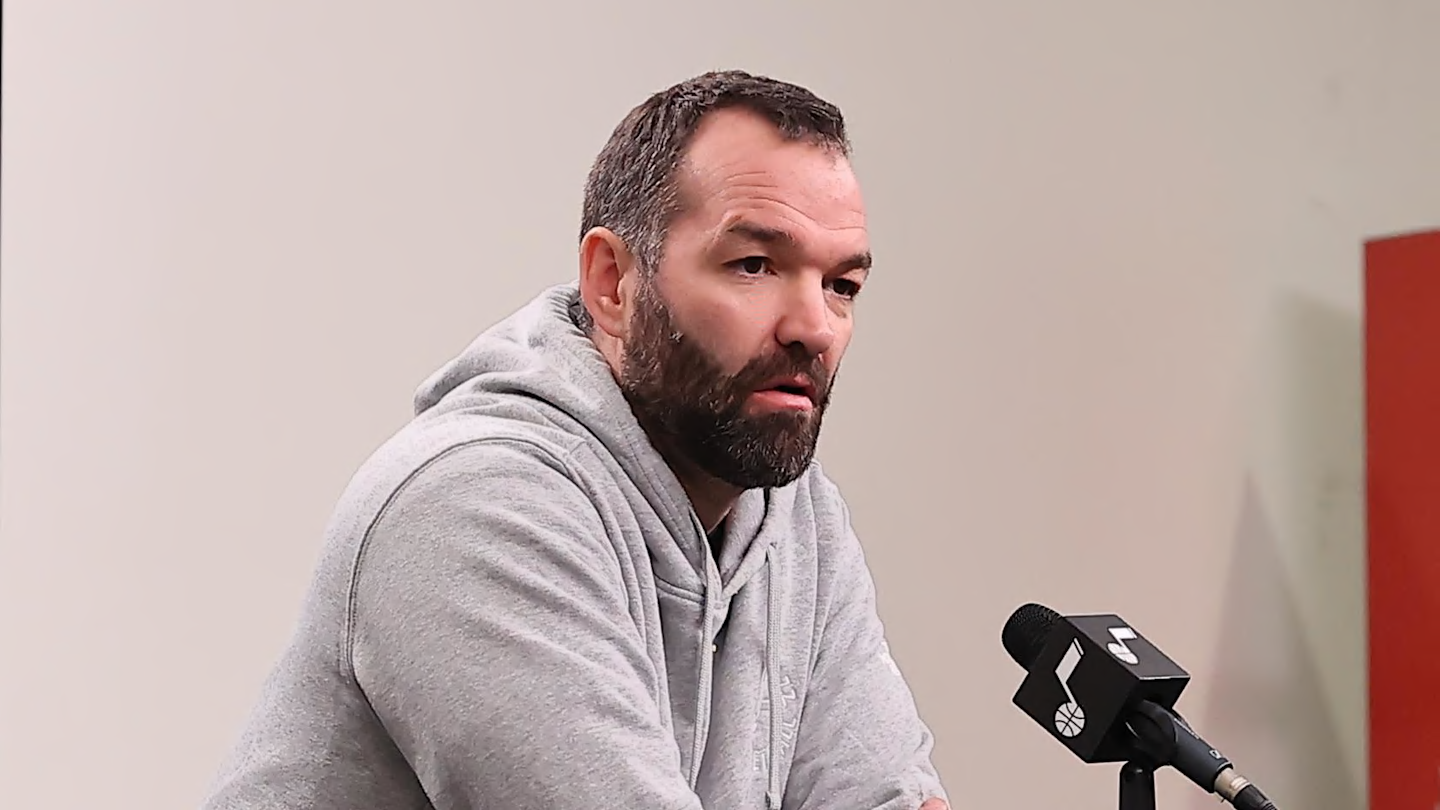
After spending the last 10 years coaching at the professional level, Alex Jensen is back in the college ranks — which, coincidentally, grows to resemble the NBA more and more by the day.
With NIL, the transfer portal and revenue-sharing in play, Jensen understands the game has changed drastically since he suited up for the Utah Runnin’ Utes over 30 years ago. But given his experiences working with the Utah Jazz and Dallas Mavericks in assistant coaching roles, perhaps Jensen is more attuned to the business world than he gives himself credit for.
Jensen made an appearance on The Field of 68 podcast recently, discussing his adjustment from the NBA to the college game, why he took the Utah job, his thoughts on NIL and the transfer portal, and much more. Here’s some of Jensen’s notable remarks, with light edits for clarity.
“It’s getting better. I knew there was going to be a learning curve, because it’s changed. I mean, I haven’t coached in college for, I think, 15 years, and it’s changed since then. I remember right when I left, [the NCAA was] just changing the rule where you could text [recruits] unlimited. And I actually started my Facebook page because right before I left, they were allowing that, to where you can recruit on social media. I haven’t touched it since.”
“But no, it’s been good. I know I have a lot to learn. And to me, that’s the fun part about coaching.”
“It’s interesting how the timing works out, and in a funny way, with NIL and how it’s changing, I think there’ll be a few more guardrails and regulations and everything. I think there’s an appealing side to it in a way — a way that it could be done. And the alma mater; I think because of the relationships I’ve had here, and I’ve been fortunate to be successful and I played here, I think I had a good feel on how it’s done and what it takes, if that makes any sense.”
“I just think with the conversations with the people here at Utah — in my mind, I think it’s kind of coming clear, there’s a visualization that we can be successful here.”
“When I was contemplating taking the job, I called a lot of college coaching friends. That’s the one thing they said: NIL and portal. And it just became clear to me. I truly mean this: I knew from the beginning. I’ve learned a lot about the portal. There was a lot to go through but I didn’t want to get into bidding wars for guys, right? I didn’t want a guy to come just because he’s gonna make the most money. I think it’s more difficult to succeed that way. And just knowing Utah and a lot of the people here, I think there’s plenty enough support to where if you get a guy, you can keep him, if that makes sense.”
“I think there’s a lot of smaller jobs where you do a good job recruiting, you find a diamond in the rough, and then you have no chance of keeping it. And I guess that’s what I want to do. And again, I’m going to learn. It might change. But I think we can get good guys.”
“I think what we’re selling is: you’ll make good money, but [recruits] come here because of the coaching staff, the university, and they want to get better, and then we’re going to win. I think we’ve done a good job so far with that, and — this might be naive — the appeal to me in college is having a kid for more than one year, and I don’t want to have a new roster every year. NBA or college, continuity is still underrated to this day.”
“I think that I kind of felt it at the beginning, but it’s really been apparent to me: I think it’s just a lot of short-term. Myself and the guys I’ve hired on my staff, we tell recruits: I didn’t come here to hit it big and leave, and I think that’s a big part of it. I got a slow start here, because I finished in Dallas, but I wanted to do it right, even if it kind of hurt me the first year. And I don’t think that’s necessarily the attitude in college basketball. It’s like, race, race, race.”
“It’s easy: win. But there’s like a lot of little things because there’s people that are grown up now that talk about, they came to camp when I played, and I worked camp. Utah is that. It’s a big enough place, but it’s also a small enough place where people and boosters, they met the team. I still have lifelong friendships with fans whose kids came to camp and stuff like that, just the kind of the connection, I think. Utah is a place you can do it easier than the other places. You build the excitement, which I think we’re starting to do; and a successful program is, like at any level, is that’s what gets people.”
MORE UTAH NEWS & ANALYSIS
This post was originally published on this site be sure to check out more of their content.


